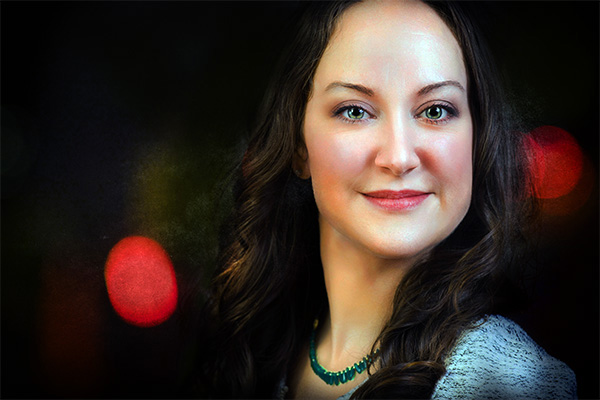
A Complete Guide to Learning Photography
For new photographers, understanding fundamentals is the foundation.
Knowing Your Equipment
You can’t create with a tool you don’t understand.
Whether you shoot with a DSLR, the fundamentals of light and composition remain the same.
Spend time experimenting with different settings. Knowledge of features makes shooting smoother.
The Importance of Light
Good lighting separates average photos from great ones.
Natural light from the sun is easiest for beginners.
On-camera flash offer control.
Shadow placement influence storytelling.
The Art of Arrangement
Strong framing gives structure.
The rule of thirds make shots engaging.
Try unusual angles. Fresh viewpoints separate your work from snapshots.
Building Skill Over Time
Every mistake is part of learning.
Carry your camera daily. Repetition builds instinct.
Blurry shots are lessons not failures.
Editing and Post-Processing
Straight-out-of-camera images are fine, but editing refines them.
Tools like Lightroom, Photoshop, GIMP, or mobile apps adjust exposure.
Editing should enhance, not distort.
Sharing Work
Photography is meant to be shared.
Social media platforms connect you with peers.
Printing images keeps motivation high.
Building Identity
Style is your visual fingerprint.
Switch between color and black-and-white. Each teaches something.
Your style isn’t fixed forever, and that reflects growth.
Lessons for New Photographers
Ignoring light direction are common issues.
Buying too much gear instead of learning skills creates frustration.
Awareness makes lessons stick.
Quick Pointers
- Carry an extra memory card.
- Shoot in RAW format if possible.
- Dust shows in photos.
- Auto is easy but manual builds skill.
- Look at other photographers’ work.
Beginner Q&A
Q: Do I need an expensive camera?
A: Any camera can take great photos with the right technique.
Q: How long until I improve?
A: Improvement depends on practice.
Q: Is editing cheating?
A: All professionals edit to some degree.
Q: Should I always follow rules?
A: Learn them first, then break them creatively.
Photography Journey Ahead
Every photo is a step forward.
Challenge yourself often. With creativity and consistency, you’ll grow as an artist.
Whether for fun or career, momentum creates growth.
The Role of Photographers in Society
A photographer is more than a person with a camera.
Artists with cameras seek to improve their craft. photography studios
Photographers cover diverse genres, such as portraits. Each requires different techniques.
Experienced shooters learn both technical and artistic aspects.
Photography Gear Basics
Skill outweighs equipment, but good gear helps.
Cameras
Compact point-and-shoots offer flexibility at various levels.
Mirrorless cameras are lighter, more website modern, and great for travel.
Lenses
A lens often matters more than the body.
- Macro lenses reveal tiny details.
Understanding lens purpose improves results dramatically.
Tripods and Stability
Tripods provide stability for long exposures.
Lighting Equipment
Softboxes, reflectors, and strobes shape light.
Helpful Tools
- Extra batteries make sure you’re always ready.
- Backpacks help photographers stay mobile and organized.
- Remote shutters expand creative options.
The Balance Between Gear and Skill
Gear supports creativity, but talent drives results.
A professional with basic equipment can outperform a beginner with expensive gear.
Growth and Mindset
Growth comes from practice, mistakes, and curiosity.
Asking for critiques keep learning fresh.
The Next Step for Gear and Artists
New cameras bring higher quality, yet creativity will always matter.
Mirrorless dominance expand what photographers can do.
Still, the essence remains: capturing light, telling stories, and expressing ideas.
Closing on Gear and Photographers
Photographers and their gear are inseparable.
Whether you are just beginning or a seasoned pro, the journey of photography is endless.